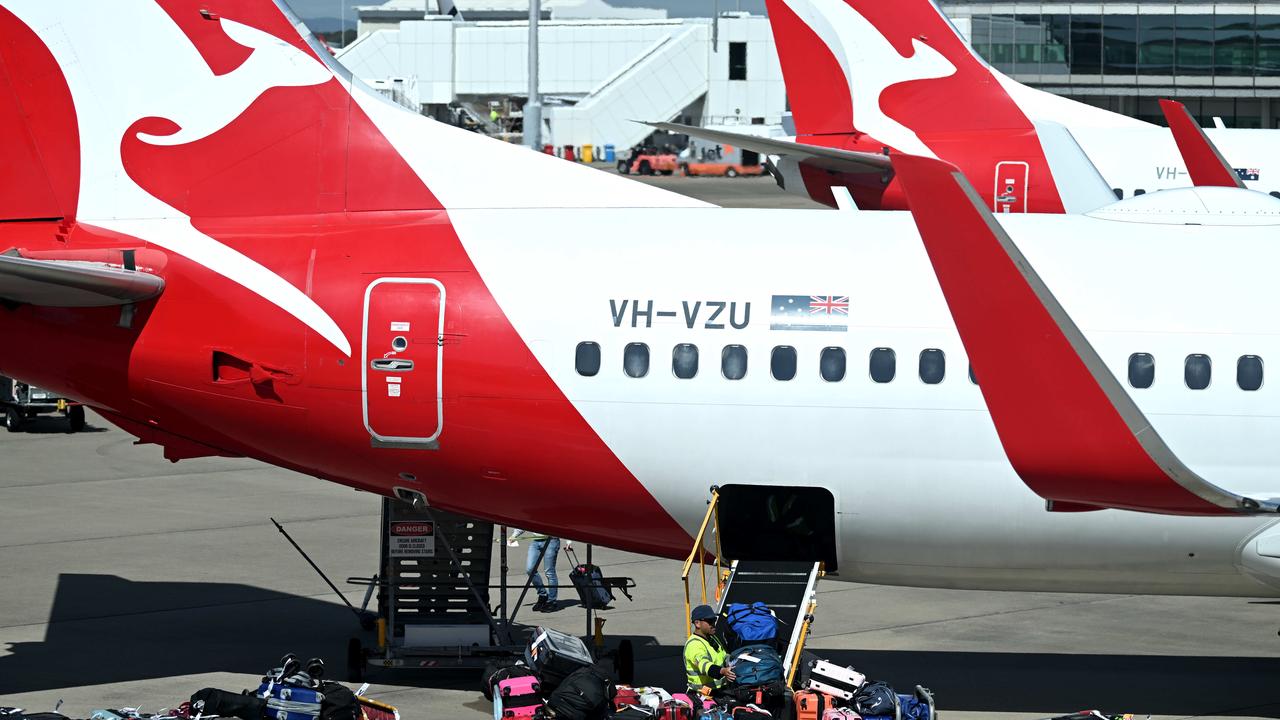Mining tax revamp would pay Kevin Rudd big dividends
IF the government finds a solution to its dispute with the miners over its new tax, it has an opportunity to outflank the opposition on the economy.
THE premise for this column includes a very big "if", but here we go: IF the government finds a solution to its dispute with the miners over its new super-profits tax, it has an opportunity to outflank the opposition on the economy.
Kevin Rudd and the Labor Party would be able to paint Tony Abbott and the Liberals into a corner as not equipped to deal with the two-speed economy and not friendly towards business. Such a line of attack, if accepted by voters, could be damaging for the Liberal Party, which likes to style itself as the party of small business, and it would be a turnaround from the last month, which has seen the government under serious pressure. Most importantly, it is a line of attack that would stand up to scrutiny.
For all the problems with the new resource super profits tax -- its design, the selling of it, and the way it was thrust on industry without adequate consultation -- if it is reworked to resemble the petroleum resource rent tax, it would be hard for the mining sector to maintain the support of a majority of the public.
(I do note the valid concerns raised by West Australian Premier Colin Barnett, who has noted that while overseas tax regimes on the petroleum sector are comparable to Australia's PRRT, nowhere in the world is a 40 per cent tax also imposed on other mined resources.
However, the public might not be so pure in its examination of the issue -- it would simply be glad to see the government willing to compromise on a scheme currently getting widely panned.)
Sure, Rudd would be beaten over the head for yet another backdown.
And yes, miners would still complain about the size of the profits tax. But Labor would once again look like a viable government worthy of consideration for re-election, and the miners might start to look shrill for protecting profits the offshore petroleum industry has survived without.
Initially, when the government likened the RSPT to the PRRT, there was a brief lull in the outrage. It was only when the very real differences emerged between the taxes -- the 40 per cent downside risk being taken by the taxpayer as part of the design of the new tax, and the fact that it kicks in at the lowly government bond rate -- that the government was put on the back foot, which is where it has stayed ever since. If reforms to the super-profits tax remove those points of difference it is reasonable to conclude that the debate will again calm down, and when it does the opportunity to examine the opposition's business credentials will begin. By opposing the RSPT and the revenue it will generate for the budget, Abbott also opposes Labor's cut to the company tax rate from 30 to 28 per cent (the two initiatives are tied together). In fact, the Coalition plans to hit many businesses with a 1.7 per cent hike in the old company tax rate to fund its paid maternity leave scheme.
That means there will be a taxation difference of nearly 4 per cent between what Labor is offering businesses outside of the mining sector and what the Coalition is offering. It is at this point the dangers of the two-speed economy and how to address them become important.
For years, economists have warned that the mining industry is delivering wealth to WA and parts of Queensland that the rest of the nation can't match. It is one of the reasons WA's share of the GST take is so low -- less than 70c in the dollar -- because its state budget is supplemented by mining royalties other states can only dream about.
By taxing the miners more and reducing company taxes across the board, businesses engaged in less lucrative parts of the economy are better able to compete with overseas industries. And the disconnect between the wealth in some states and the hardship felt in others such as NSW can be ameliorated.
With a better-designed super-profits tax, Labor would have a good message to sell with its cuts to company taxes, made all the more appealing when compared with an opposition actually raising taxes on big businesses to fulfil its newfound social policy priorities (12 years of Coalition rule never convinced conservatives to support paid maternity leave, but less than 12 months of Abbott leadership and they are besting even Labor's efforts on paid maternity leave).
With all the coverage that the mining tax debacle has generated, it is easy to forget that before it hit the agenda Abbott was under pressure as an enemy of business with his company tax increase. He was being attacked as more of a Democratic Labor Party personality than a good Liberal. It is reasonable to assume such commentary will resume if Labor can sort out its mining tax.


